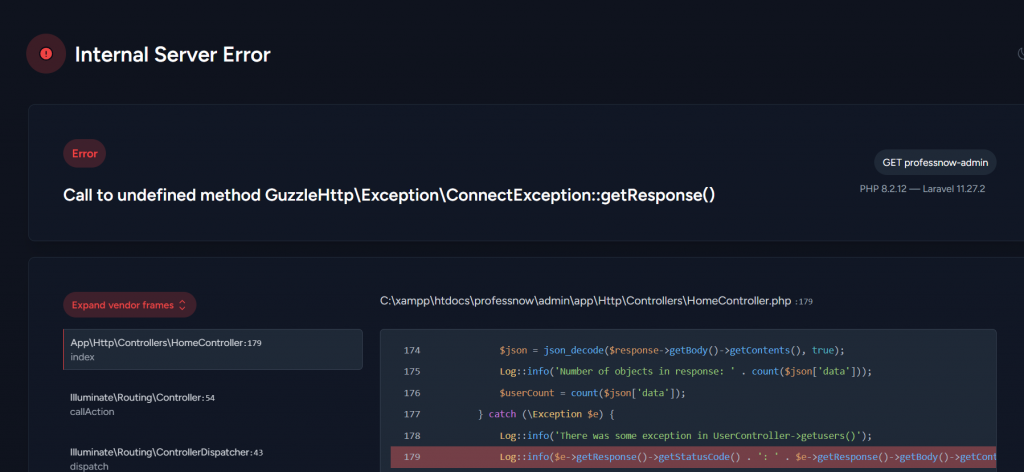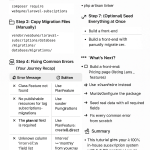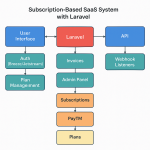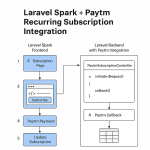Limited Time Offer!
For Less Than the Cost of a Starbucks Coffee, Access All DevOpsSchool Videos on YouTube Unlimitedly.
Master DevOps, SRE, DevSecOps Skills!

Error:
local.ERROR: Call to undefined method GuzzleHttp\Exception\ConnectException::getResponse() {"userId":1,"exception":"[object] (Error(code: 0): Call to undefined method GuzzleHttp\\Exception\\ConnectException::getResponse() at C:\\xampp\\htdocs\\professnow\\admin\\app\\Http\\Controllers\\HomeController.php:179)
[stacktrace]
#0 C:\\xampp\\htdocs\\professnow\\admin\\vendor\\laravel\\framework\\src\\Illuminate\\Routing\\Controller.php(54): App\\Http\\Controllers\\HomeController->index()Solution:
The error you are encountering, Call to undefined method GuzzleHttp\Exception\ConnectException::getResponse(), indicates that the ConnectException thrown by Guzzle HTTP does not have a getResponse() method. This typically happens when the request fails due to network connectivity issues, and there is no response object to retrieve.
Here are some steps to resolve this issue:
Step 1: Check if the Exception is a ConnectException
Since ConnectException occurs when there is no response (for example, if the connection to the server fails), you need to handle it differently. Instead of trying to call getResponse(), you can handle the exception based on the connection failure.
You can modify your code to handle different types of exceptions more gracefully:
try {
$response = $client->request('GET', 'http://example.com');
} catch (\GuzzleHttp\Exception\ConnectException $e) {
// Handle connection failure (no response is available)
return response()->json(['error' => 'Connection failed: ' . $e->getMessage()], 500);
} catch (\GuzzleHttp\Exception\RequestException $e) {
// Handle other request exceptions (if response is available)
if ($e->hasResponse()) {
$response = $e->getResponse();
$statusCode = $response->getStatusCode();
$body = $response->getBody();
return response()->json(['error' => 'Request failed with status ' . $statusCode], $statusCode);
} else {
return response()->json(['error' => 'Request failed: ' . $e->getMessage()], 500);
}
}Step 2: Use hasResponse() method for other exceptionsIf you still want to handle cases where a response is available (but a different exception is thrown, such as RequestException), make sure to use hasResponse() before trying to access the response:
if ($e->hasResponse()) {
// Safely access the response
$response = $e->getResponse();
// Do something with the response, e.g., check status, log errors, etc.
} else {
// Handle the case where no response is available
}By handling ConnectException separately and checking if a response exists before trying to access it, this should prevent the undefined method error and handle the failure appropriately.




